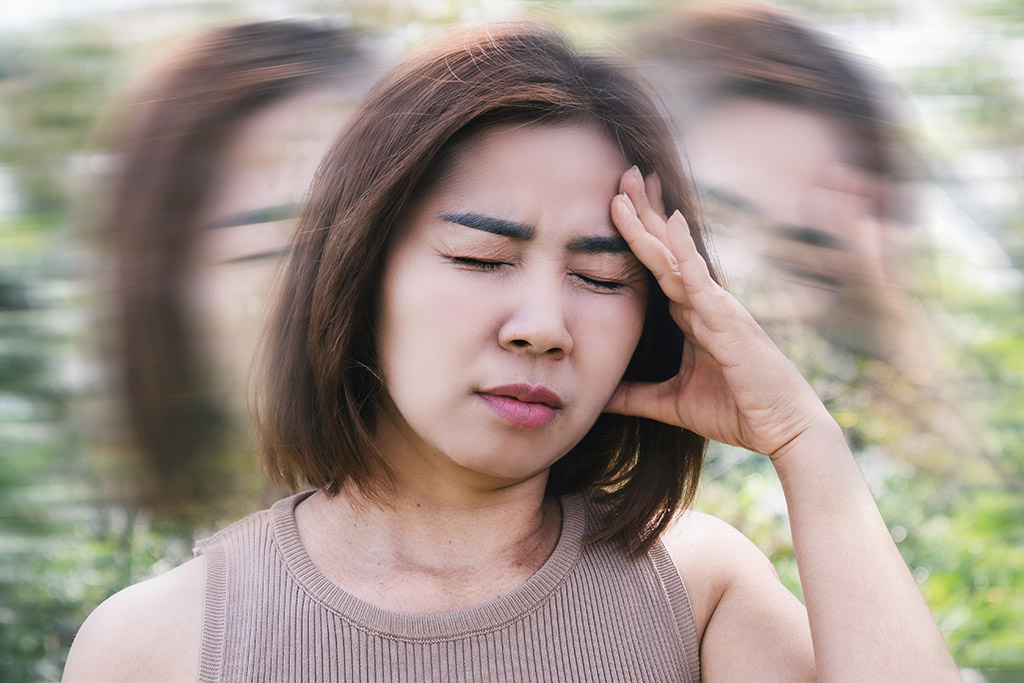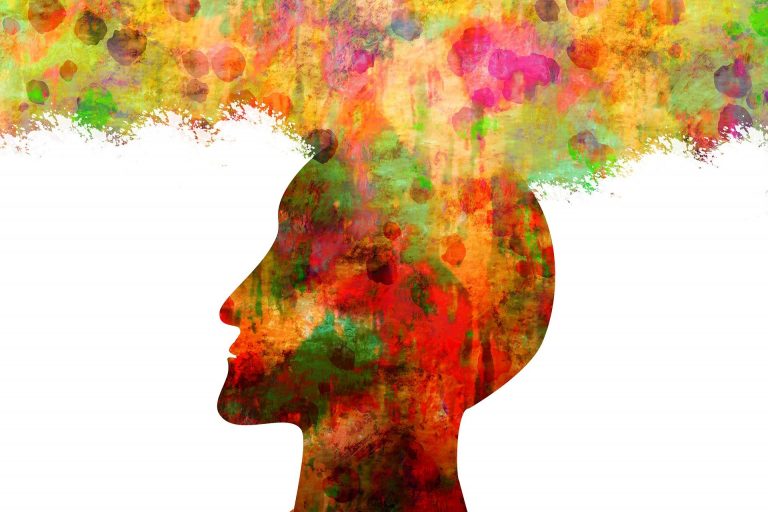Finding Balance: Understanding Vertigo the Ayurvedic Way

Have you ever stood up only to feel the room spin around you, as if you’ve lost your centre of gravity? If so, you may have experienced vertigo – a disorienting condition that affects millions of people worldwide. While conventional medicine often addresses vertigo through symptom management, Ayurveda takes a deeper, holistic approach, aiming to restore balance to the entire system.
At Yatan Holistic Ayurvedic Centre, we combine traditional Ayurvedic knowledge with practical lifestyle guidance to help individuals regain stability and confidence-naturally.
What Is Vertigo?
Vertigo is more than just occasional dizziness. It’s a specific sensation of spinning, tilting, or moving, even when you’re perfectly still. You may feel lightheaded, off-balance, or nauseated. In severe cases, even walking or standing can become difficult.
The Western View
In conventional medicine, vertigo is often linked to:
- BPPV (Benign Paroxysmal Positional Vertigo) – dislodged crystals in the inner ear
- Ménière’s Disease – fluid imbalance affecting hearing and balance
- Vestibular neuritis or labyrinthitis – inflammation of the inner ear
- Migraines or neurological issues – such as stroke or multiple sclerosis
Hormonal Influences and Aging
Hormonal changes, especially during menopause or perimenopause, can contribute to vertigo. Declining estrogen levels affect blood flow to the inner ear and nervous system stability, making balance more difficult. Women may also become more prone to vestibular migraines, anxiety, and sleep disturbances during these times-all of which can aggravate vertigo symptoms.
In Ayurveda, menopause and old age are considered Vata-dominant stages of life. Increased dryness, lightness, and nervous system sensitivity can trigger imbalance (Bhrama). This is addressed by grounding therapies, ojas-enhancing foods, and rejuvenating herbs like Shatavari, Ashwagandha, and Brahmi.
Environmental Triggers: Noise and Overstimulation
Loud music, busy streets, or high sensory environments can trigger vertigo episodes in sensitive individuals. Known in modern terms as vestibular hypersensitivity, this overstimulation can affect the inner ear or worsen underlying conditions like Ménière’s disease.
Ayurvedically, excess noise is considered Vata- and Rajas-aggravating, disturbing the flow of Prana Vata in the head. This can cause disorientation, anxiety, and mental fog. Treatments to calm the senses-such as Nasya, Shirodhara, and meditation-are especially helpful.
The Ayurvedic Perspective
In Ayurveda, vertigo is referred to as Bhrama. It’s not just a symptom but a sign of underlying doshic imbalance – especially involving Vata and Pitta. Vertigo may be accompanied by anxiety, nervousness, headaches, or digestive issues.
- Vata-Type Vertigo:
- Lightheadedness
- Feeling scattered or ungrounded
- Dryness, anxiety, constipation
- Pitta-Type Vertigo:
- Burning in the head
- Irritability, migraines
- Light and sound sensitivity
- Ama (toxins caused by poor digestion) can further block energy channels (srotas), interfering with nervous system communication and equilibrium.
Ayurvedic Treatments for Vertigo
Ayurvedic treatment is tailored to your constitution, lifestyle, and specific imbalances. The goal is to restore internal harmony, detoxify, and calm the nervous system.
1. Herbal Support
Customised Ayurvedic formulations are prepared based on your Ayurvedic assessment, with a few typical herbs and their uses described below.
- Brahmi – Calms and strengthens the nervous system
- Ashwagandha – Adaptogen that supports stress resilience
- Shankhpushpi – Improves focus and reduces mental fog
- Guduchi – Supports immunity and detoxification
- Shatavari – Particularly helpful for hormonal support in women
2. Panchakarma Therapies
Each treatment targets key regions involved in vertigo—head, ears, and nervous system—promoting clarity, stability, and overall nervous system resilience.
- Nasya (nasal therapy) – Clears toxins from the head and sinuses
- Shirodhara – A steady stream of warm oil calms mental turbulence
- Abhyanga – Full-body oil massage to balance Vata
- Karna Purana – Oil in the ears to support inner ear health
3. Diet & Lifestyle
Ayurveda views food and routine as core therapies. Diet and lifestyle choices play a vital role in pacifying aggravated doshas, especially Vata and Pitta, while supporting digestive strength and nervous system balance.
Eat:
- Warm, soft-cooked meals with ghee and gentle spices
- Almonds, dates, organic milk
- Herbal teas with ginger, tulsi, or chamomile
Avoid:
- Raw, cold, or heavily processed food
- Excess caffeine, alcohol, or irregular eating habits
Supportive Routines:
Grounding Ayurvedic practices help stabilise Prana Vata and strengthen the body’s resilience to stress and environmental imbalances that contribute to vertigo.
- Regular meals and sleep
- Warm oil foot massage at night
- Pranayama and meditation to calm Prana Vata
4. Yoga & Breathwork

Targeted yoga postures and breathing techniques support the vestibular and nervous systems by promoting circulation, reducing sensory overload, and calming the mind—making them valuable tools in managing vertigo symptoms.
Gentle poses:
- Balasana (Child’s Pose)
- Viparita Karani (Legs Up the Wall)
- Paschimottanasana (Seated Forward Bend)
- Shavasana (Corpse Pose)
Breathing techniques:
- Nadi Shodhana (alternate nostril)
- Bhramari (humming bee breath)
- Deep belly breathing
Avoid inversions or sudden head movements during episodes.
When to Seek Help
Always consult a healthcare provider if vertigo is severe or new, especially with:
- Slurred speech or numbness
- High fever
- Difficulty walking
- Sudden hearing or vision loss
Ayurveda works best as part of a holistic approach, especially when combined with conventional diagnosis and care.
Final Thoughts
Vertigo can make life feel uncertain-but Ayurveda offers a grounded path forward. By balancing doshas, clearing toxins, and calming the nervous system, it’s possible to find long-term relief and a renewed sense of stability.
If you’re in Sydney and seeking a personalised Ayurvedic approach to vertigo, we invite you to consult with Raman Das at Yatan Holistic Ayurvedic Centre.
Disclaimer: This article is for educational purposes only and not a substitute for medical advice.Always seek guidance from a qualified healthcare provider.

*Discover holistic healing with a complimentary phone or video consultation from our expert Ayurvedic practitioner. Start your path to better health today!*























